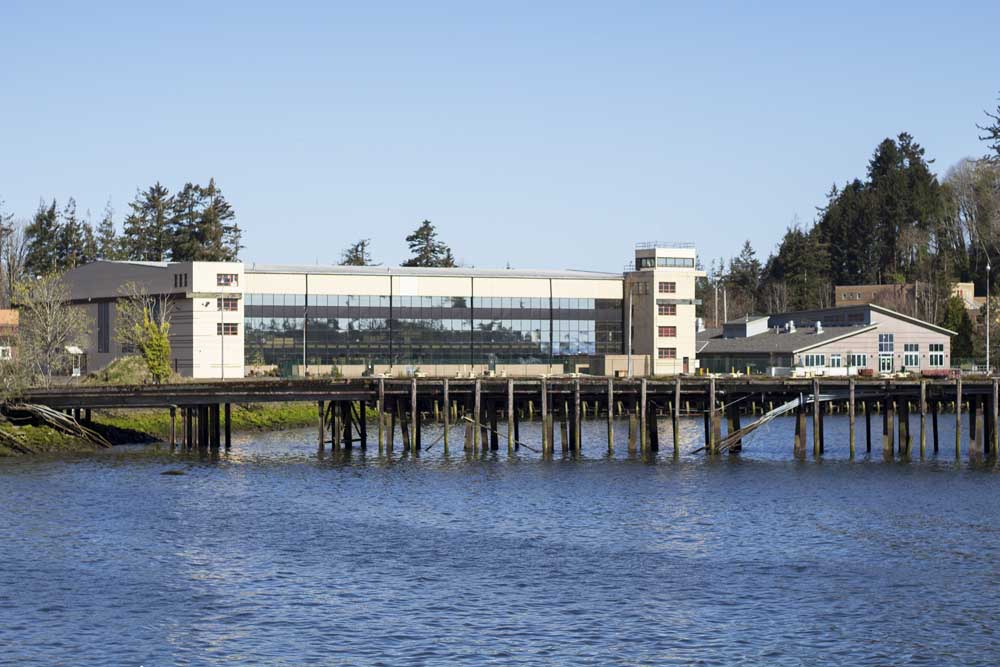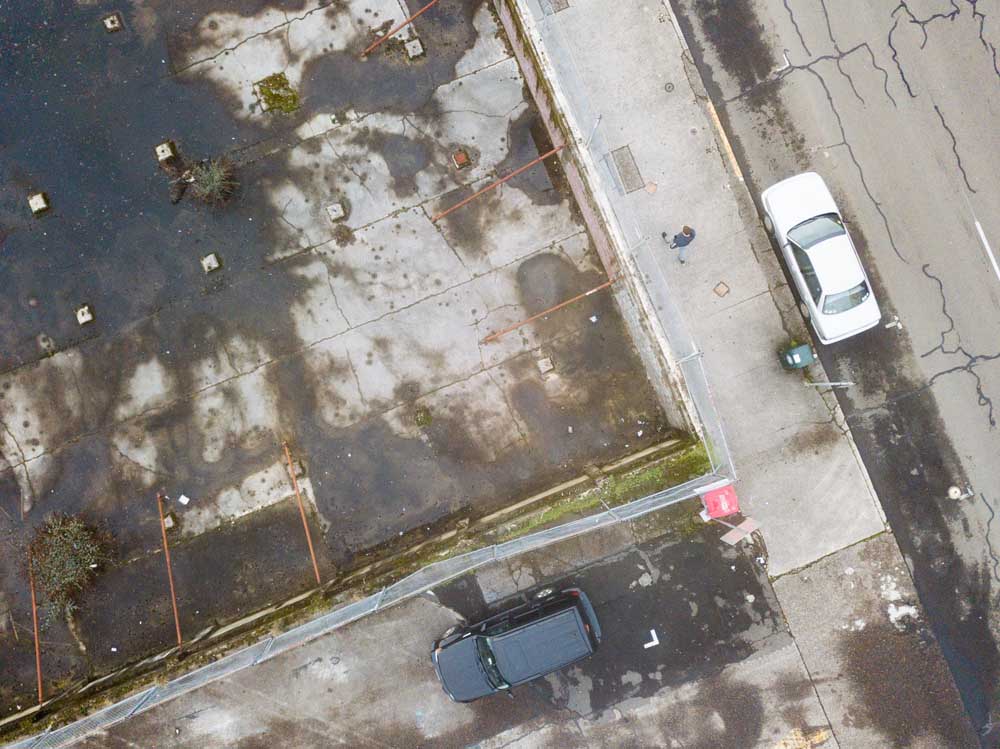Sheriff, Coast Guard fish for violators
Published 5:27 am Tuesday, September 5, 2017

- Deputies Wes Humphries, left, and Justin Dimmick, right, with the Clatsop County Sheriff's Office patrol the Columbia River over the weekend.
Clatsop County Sheriff’s Deputy Wes Humphries guided a 25-foot 2016 River Wild along the Columbia River east of Tongue Point on Saturday morning. Like many others on the river for the Buoy 10 fishing season, he was on the lookout. “So this is where they’ve been hiding,” he said.
Humphries, another sheriff’s deputy and two Coast Guard marine enforcement specialists were not looking for fish — they were looking for fishermen.
Crews such as this one have patrolled the Columbia River in search of safety violations since 2013. Especially during peak boating times such as Buoy 10, the agencies conduct dual patrols on a sheriff’s office boat. Though created in response to funding cuts, the partnership has proven useful by allowing each agency to help each other from a central location as they enforce the boating safety laws within their jurisdictions.
The program exists through a contract with the Oregon State Marine Board, which partially funded the $130,000 River Wild boat docked at the Warrenton Marina. The sheriff’s office also has a 25-foot 2008 North River boat.
The Sheriff-Coast Guard partnership enforces boating safety laws, not fish and game rules. The sheriff’s office has a mutual enforcement agreement with counties in Washington state to enforce each other’s laws from bank to bank on the river.
The Buoy 10 season, which opened Aug. 1 and closed for Chinook salmon retention Monday, is a popular late-summer salmon fishery that stretches 16 miles from the mouth of the Columbia River to a line between Tongue Point and Rocky Point.
Humphries and Deputy Justin Dimmick said they have responded to fewer accidents such a capsizes, mayday calls, search and rescue missions and boat crashes. With hundreds of boats taking to the river during Buoy 10, only two crashes have occurred, with no major injuries this year.
“It actually was quite a bit better this year,” Humphries said.
The deputies point to a change in law enforcement tactics as a major factor in the recent safety successes. The Oregon State Marine Board instructed law enforcement this year to prioritize ongoing violations instead of conducting random safety inspections. As a result, patrols have been better able to spot such violations and can more quickly respond to dispatch calls.
“It feels like we’ve been a lot more effective in what we’re doing,” Humphries said.
On most days, the patrols typically keep an eye out for speeding and navigation violations. For instance, they may stop the boat behind the wall by the 17 Street Dock and check for any boaters who create a wake in the dock area, which would result in a citation. They also routinely respond to calls of large cargo ships unable to pass due to the congestion of fishing boats in the navigation channel.
A 32,000-ton, roughly 616-foot-long loaded bulk cargo ship — the Aruna Hulya — had just made its way near Tongue Point on Saturday morning. It had left Portland on its way to South Korea, but crew members reported that it could not pass any further due to heavy congestion. Honking the ship’s horn several times did not deter the focused salmon fishermen, so the sheriff’s deputies and two Coast Guard members responded.
As the River Wild pulled up to the scene, fishers, some of whom waved at the patrol boat, stared in confusion. Humphries, who was driving the boat, grabbed a loudspeaker and instructed them to exit the channel. Once fishers moved out of the way, the patrol boat escorted the cargo ship a few miles west before it temporarily anchored north of Astoria.
“It makes our job a lot harder when people aren’t paying attention to what’s going on around them,” Coast Guard Marine Enforcement Specialist 1st Class Craig Miller said.
As the partnership evolves and boaters become more aware of safety rules, the two agencies hope their patrols will become less active.
“The ultimate goal with boating enforcement is voluntary compliance,” Miller said.





